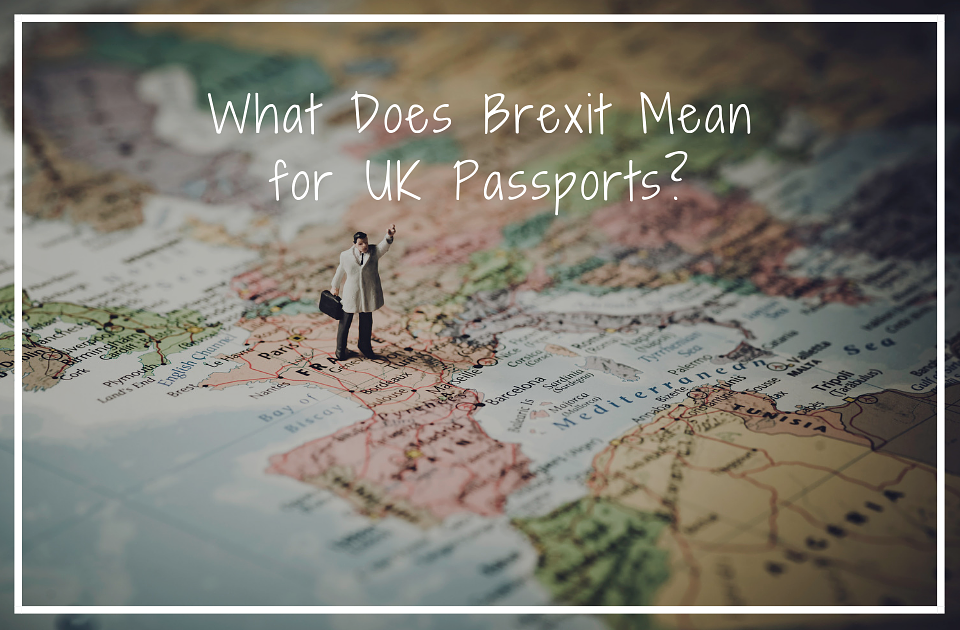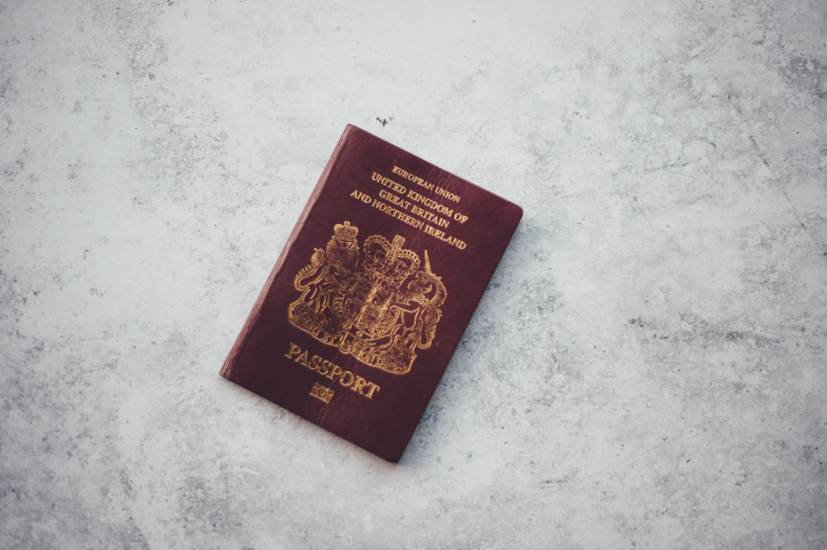What Does Brexit Mean for UK Passports?

Posted on Fri 21 May 2021
With the recent news of the UK being granted an extension until October 31st to arrange a deal with the EU and with summer fast approaching, we thought it would be a good idea to dig into the possible impacts of Brexit for UK passport holders. Being based in the UK ourselves, we love to get out and travel the world, in search of new tours to offer you, so we want to make sure that it’s as easy and straightforward as possible for you to travel as well. There is still a lot of uncertainty around how the possible Brexit scenarios will affect the UK passport, however, there are some things that are definite, read on for more information:

Renewals are Vital
Issues such as travel visas are still very murky, with very little clarification available. However, one thing that has been made very clear is that your passport requires at least six months remaining before expiry on your date of travel. This means that if you’re planning on travelling during the summer, your passport should expire at the very soonest in the first few months of 2020 (to be on the safe side). If you are looking at planning a late summer/autumn trip in the months of September or October and your passport was issued in late 2009, it would be advisable to renew your passport now to ensure there are no travel complications.
Typically, passport renewals take between three to four weeks assuming that all documentation has been completed correctly. If there are any errors with your submission, this process will likely be delayed for the issues to be rectified. Online applications are straight forward and can be tracked to see how far in the process the passport is. One thing that should be considered is that current valid passports can still be used after Brexit so if you have an expiry date more than six months in the future, renewals will not be necessary.

EU vs. Non-EU Countries
These guidelines have been issued for travellers heading to EU countries, such as Spain, Italy and France, however, travel to non-EU countries shouldn’t be affected by this meaning the six-month pre-expiry date won’t be applicable. That said, it’s always advisable to ensure you have enough time remaining on your passport, certainly enough to cover the duration of your time away.
It’s also worth pointing out that not all countries in Europe are in the EU, this is common knowledge for the most part, however, there are a number of fantastic holiday destinations that aren’t part of the EU that won’t be too heavily (if at all) affected post-Brexit. Countries towards the eastern side of Europe such as Albania and Montenegro are still in Europe but not in the EU, meaning booking a holiday to one of these destinations would mean less stress and worry about the possible effects of Brexit. Both of these countries are also outside of the Schengen Area – an area made up by 26 European countries that have abolished passport and other border control allowing for free movement – which means that for travellers staying for longer periods of time, these locations are great for extending your stay. This allows for a ‘cooling off’ period as you can only stay for 90 days out of 180 in the Schengen Area. You can find out more about the Area and how to make the most of it by reading our latest blog. If you fancy taking a break in Montenegro, why not check out our Montenegro tours?

Passport Quality
It has also recently emerged that the UK’s passport has slipped down the passport rankings according to the Passport Index. Passports are ranked on their power, based on how many countries they can access visa-free, then visa on arrival and finally on visa required. Currently, the UK has visa-free access to 120 countries, with 44 visa on arrival countries and 34 visa required countries.
Make sure you take a look at our blog for more information on European travel and general travel tips. Why not check out our recent piece which covered some amazing travel tips for short breaks.
Read more from our blog here
